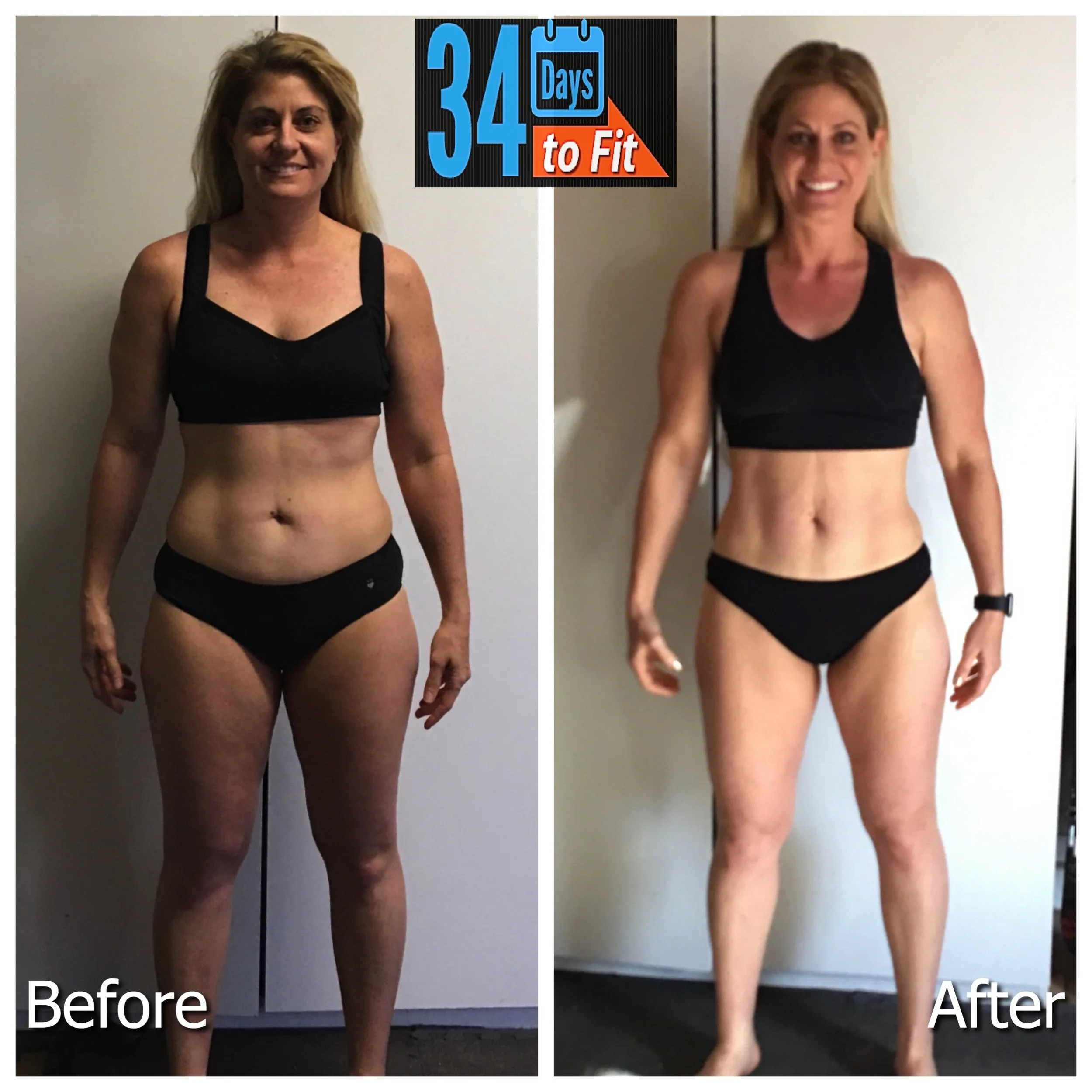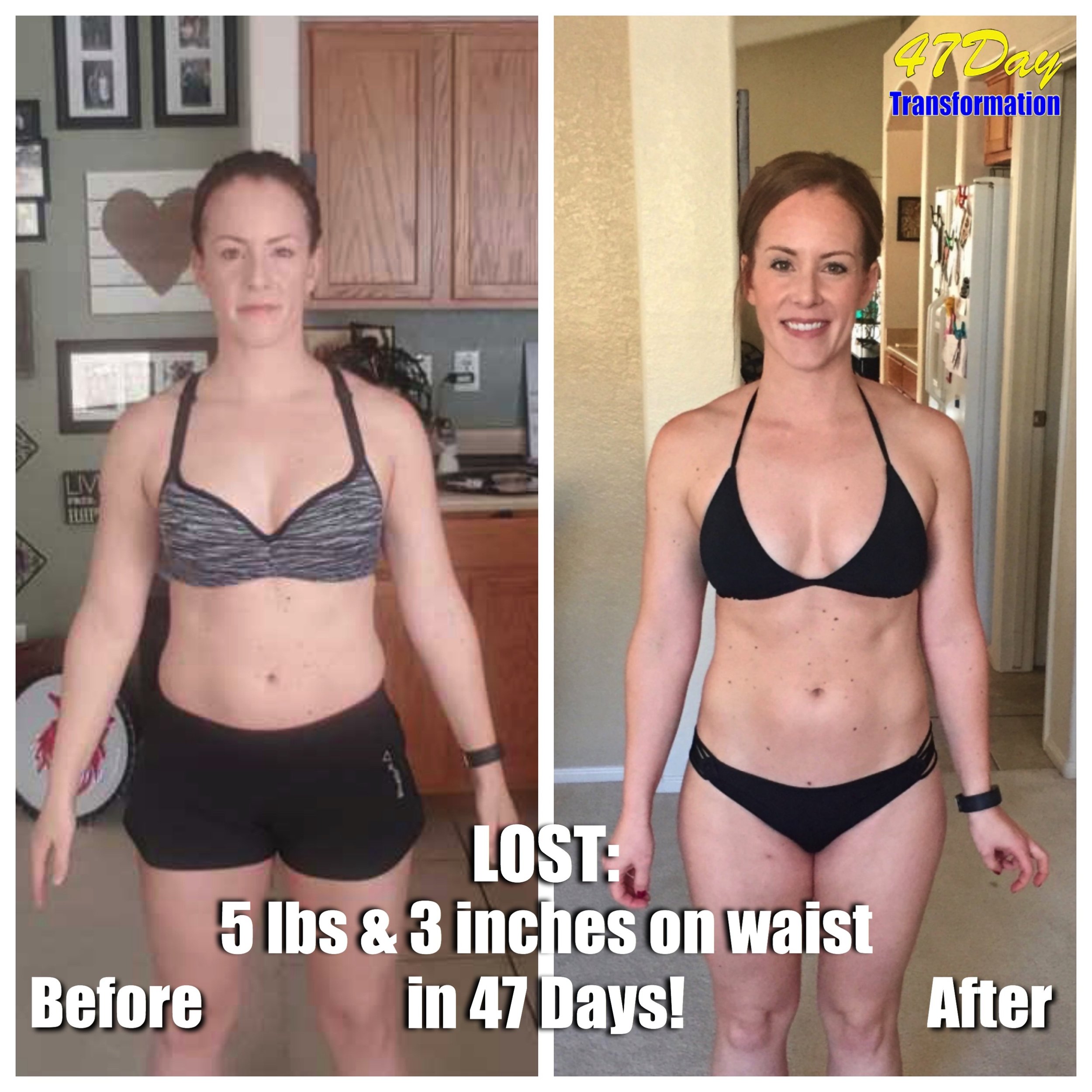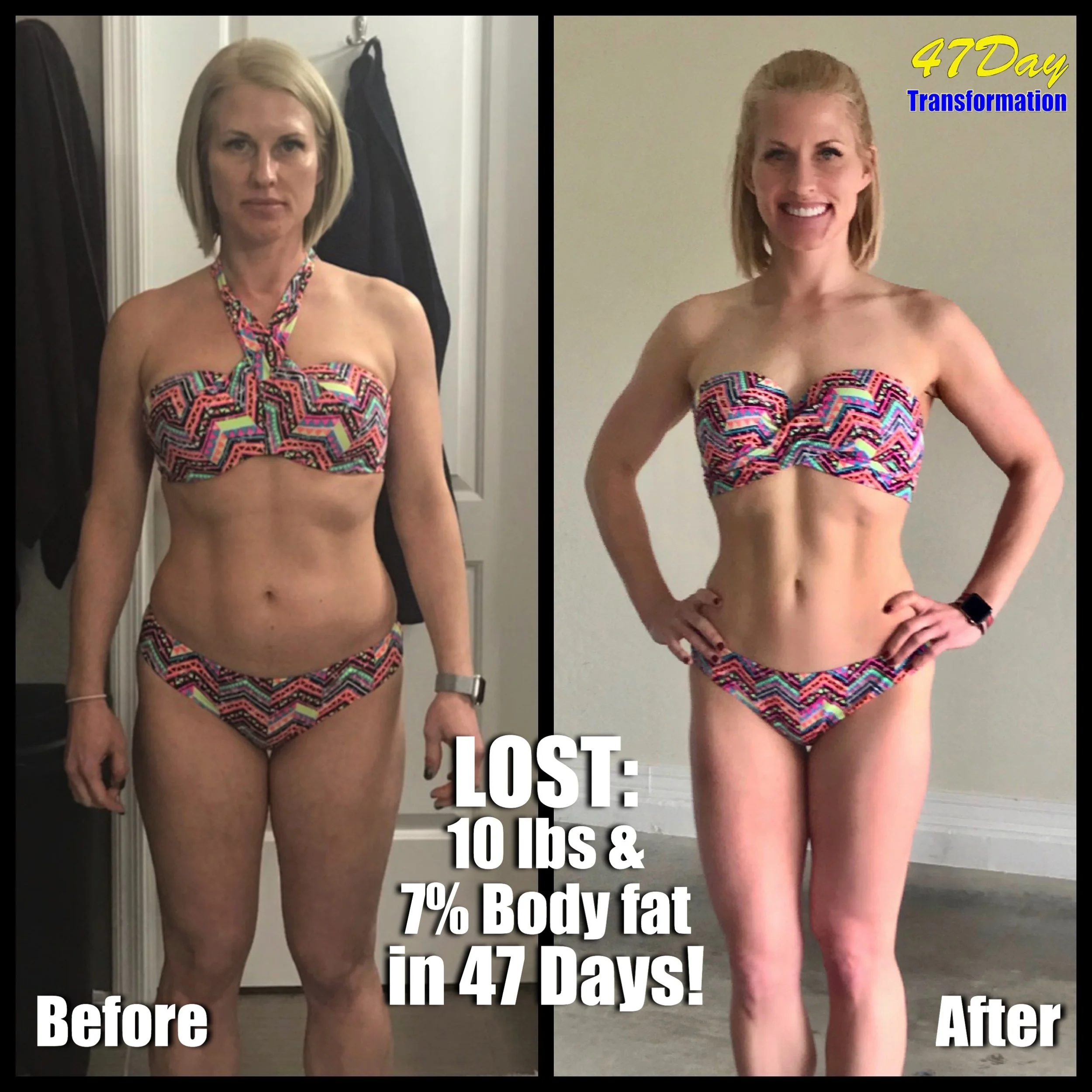Move Better, Feel Better, and Look Great Naked
Scottsdale, AZ Personal Training, Group Fitness and Online Fitness Programs Helps You Achieve Your Health Goals & Makes Success Mandatory
Results You’ll See
and Feel—Fast
Expert Coaching with Unmatched Support
Fitness That Fits
Your Busy Life
Sick of feeling tired, weak, and uncomfortable in your own skin?
Waiting for “the right time” isn’t working—it never does. Every day you delay is another step toward more weight, less energy, and zero confidence.
At Jeremy Scott Fitness, we keep it real. Our workouts are simple, effective, and designed to get you results—fast. No fluff, no gimmicks—just a proven plan and a community that has your back.
Jeremy Scott Fitness Programs
In-Person
-

Group Training: Scottsdale’s #1 Fitness Program
$119-$199/month
Get fit fast with our award-winning Group Training Program! In just 30 minutes, you’ll burn fat, build muscle, and boost your energy. Perfect for busy adults, these high-intensity sessions are led by certified coaches in a motivating group setting. Flexible schedules make it easy to stay consistent.
-

Personal Training
$75/30 minute session
Work 1-on-1 with your coach for customized, no-BS coaching tailored to your goals. Whether you want to lose weight or improve performance, 30-minute sessions deliver maximum results. Perfect for those who prefer individualized attention, this elite training is available for Scottsdale residents serious about making a lasting change.
-

Women & Weights
$250/4-week cycle
Designed for women who want to get stronger and feel confident in strength training, this small group program focuses on proper technique, progressive overload, and building strength in a supportive environment. Sessions are $250 per 4-week cycle and offer an empowering way to learn and grow stronger.
Online
-
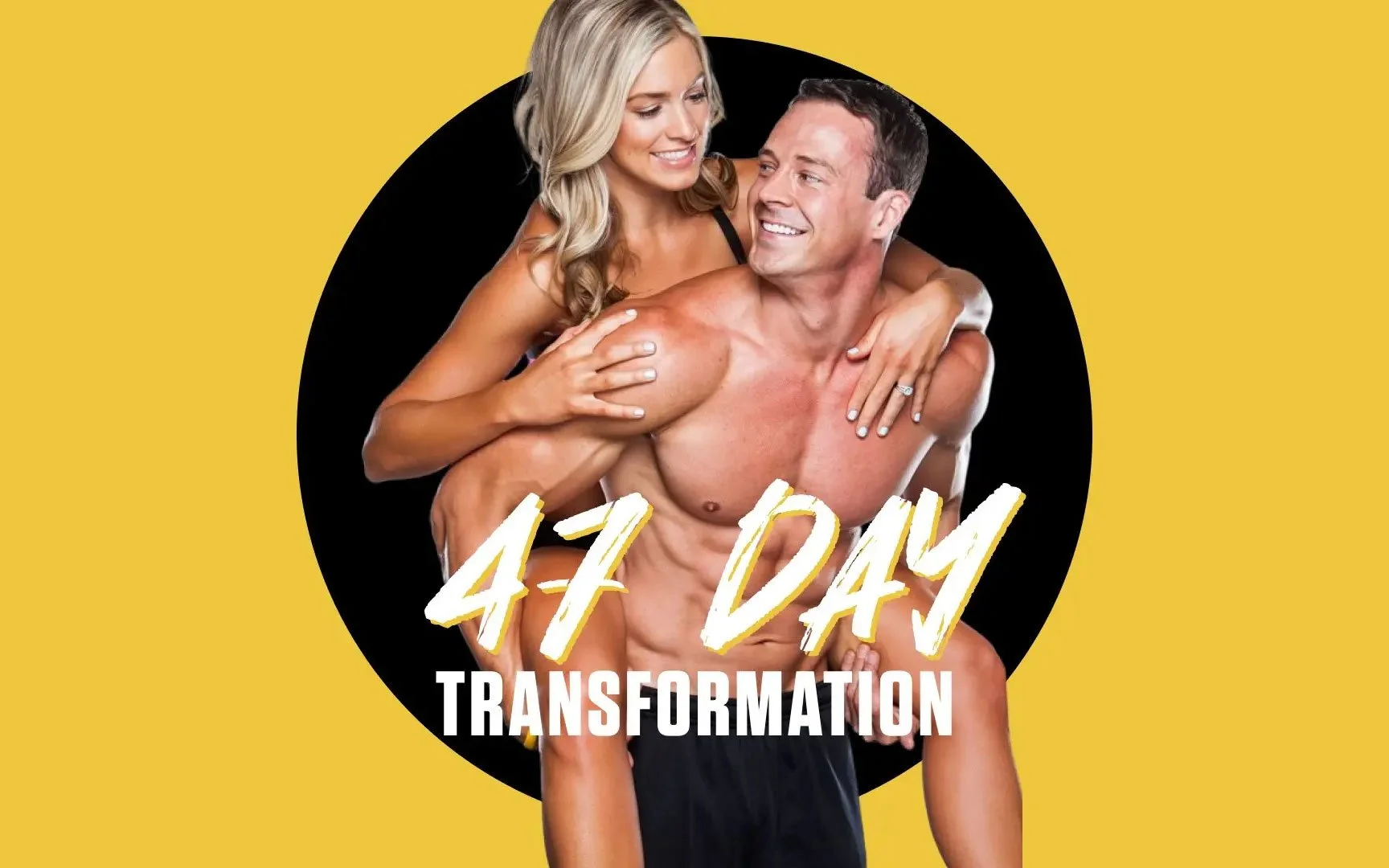
47-Day Transformation Online Program
$149
Ready for real change? The 47-Day Transformation Program is a total mind, body, and habit reboot designed for lasting results. Delivered online via the JSF app, this program helps you build healthier habits, boost energy, and achieve lifelong fitness—not just a quick fix.
-

Old Man Strength Online Program
$199
This 10-week online strength program is tailored for older men looking to get stronger safely and effectively. With a focus on functional strength, mobility, and progressive overload, this program will help you feel stronger, move better, and enhance your lifestyle.
-

Rebuilt Beyond Athletic Online Program
$119
Keep doing what you love, no matter your age. The Rebuilt Athletic Online Program helps you improve mobility, build functional strength, and boost aerobic capacity to stay athletic inside and outside the gym.
-

Total Body Trainer Online Program
$159
Achieve the ultimate transformation with 100 follow-along workouts designed for advanced trainees. This 12-week program combines progressive strength training with fat-shredding cardio to deliver serious results.
JSF App
$15/month
Access Jeremy’s weekly workouts, over 2,000 videos, and full follow-along programs for all fitness levels. Whether you’re a beginner or advanced, the JSF App offers affordable, on-the-go fitness for just $15 per month.
We Get It—
Reclaiming Your Health Can Be Scary
It’s tough to admit you’re not where you want to be. You might feel self-conscious, unmotivated, or unsure where to start.
I’ve been there too. I used to struggle with unhealthy habits, lack of motivation, and low confidence. That’s why I’ve made it my mission to help busy adults like you feel better, look better, and live better.
With hundreds of transformations—both in-person and online—I’ve proven that anyone can get in shape with the right plan and support.
Transformations
Testimonials
How it Works
Step one | Start Training
Whether you prefer in-person sessions or online coaching, we’ll help you kickstart your fitness journey.
Step two | Choose Your Program
From group training to 1-on-1 coaching and specialized online programs, there’s an option for everyone.
Step three | Achieve Lasting Transformation
Watch your body transform as you build strength, confidence, and healthier habits that last a lifetime.
Where Fitness Meets Community.
Welcome to Jeremy Scott Fitness.
Watch the video here.
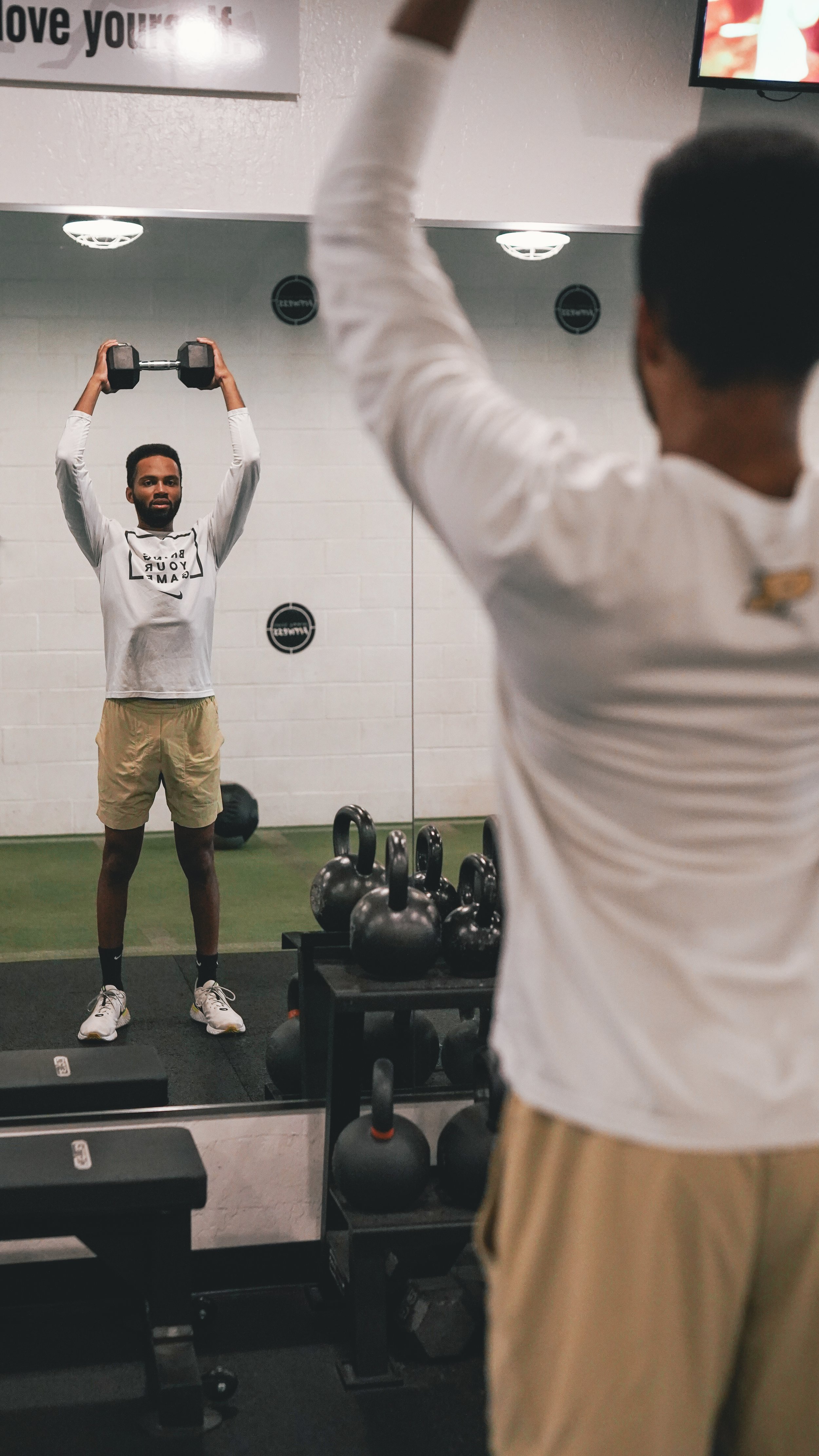
No fluff. No BS. Just results.
I get it—starting a fitness journey can feel like a lot. It’s easy to put it off, telling yourself you’re too busy or it’s too complicated. But every day you wait is another day you’re stuck feeling tired, weak, and frustrated. Without a clear plan, it’s only going to get harder.
At Jeremy Scott Fitness, we cut through the noise. I make fitness simple, effective, and tailored to you. Whether you’re looking for fast-paced group training, personalized 1-on-1 coaching, or a complete lifestyle reset, I’ll help you build a plan that works for your life—and actually gets results.
As someone who’s been where you are, I know what it’s like to feel stuck. That’s why I’m here to guide you every step of the way so you can stop spinning your wheels and finally take control of your health and confidence.
What are you waiting for? Let’s get started today.
Listen to the Podcast
The Jeremy Scott Fitness Podcast showcases high performing high achieving humans from all industries including science, medicine, collegiate and professional sports, business, finance, real estate and more. You will find educational and motivational conversations in each episode that you can apply instantly to level up your life.
Recent Episodes
Stop Waiting—
Let’s Get Your Sexy Back!
Let’s be real—waiting around isn’t going to make you stronger, leaner, or more confident. Every day you put this off is another step further from the life you want.
At Jeremy Scott Fitness, we don’t mess around. I’m giving you real unfiltered, no bullshit truth about health, nutrition, and real-life advice to get you real results—fast.
Your FREE Guide to Sustainable Fat Loss!
The Ultimate Fat Loss Blueprint
Enter your name and email to download your FREE guide and discover the step-by-step strategies to build sustainable habits, transform your body, and achieve lifelong results—without quick fixes or fads.







